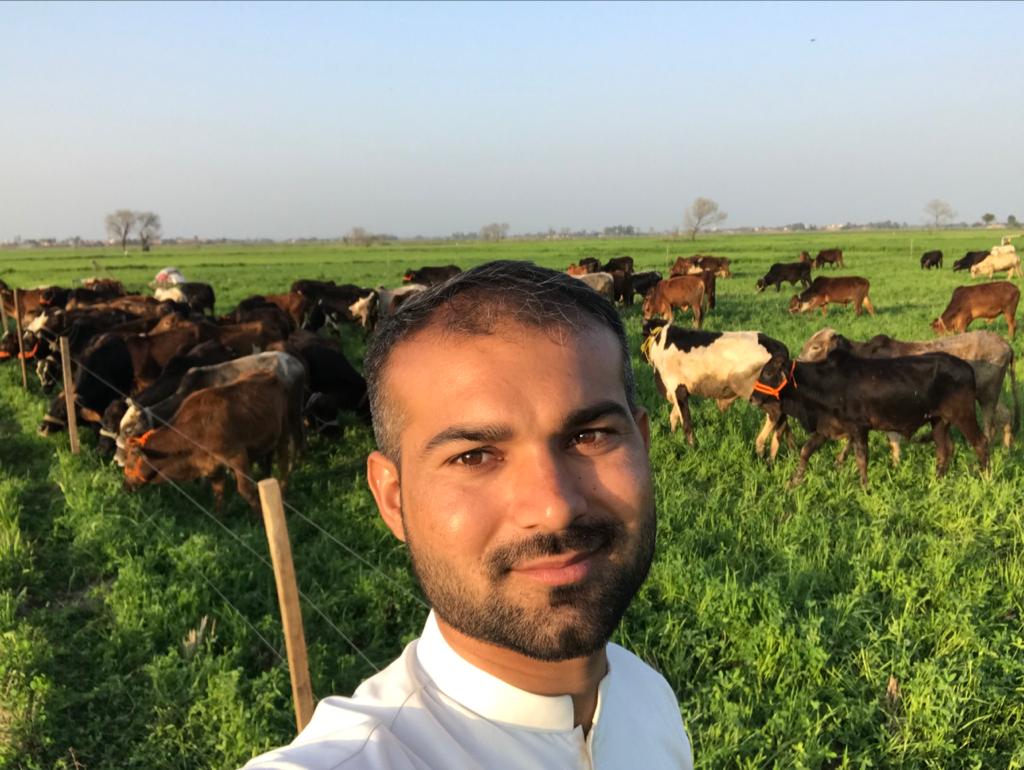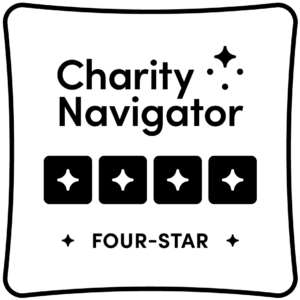In 2016, the Africa Centre for Holistic Management (ACHM) of Zimbabwe, in partnership with the Savory Institute (SI) joined forces with the Pakistani Livestock and Fisheries Department and assembled an international team of land, livestock, and community experts to conduct a feasibility study for implementing a successful land regeneration project in the Sindh province.
The project emerged from the dedication, passion, and hard work of one individual, as is usually the case — Nighat Hasnainh, a member of our global community. Over three years, she met with dozens of government staff, local NGO’s, and communities to determine if a project could be established. She reached out to us and it became clear that a formal feasibility study was needed to determine the geographical location, partners, and program details for a pilot project. The ideal future would be to use this demonstration site as the foundation for the development of a training center (or Hub) in the Sindh province for pastoral communities, local NGOs’, and government staff.

We spent many days in the country, a land of paradoxes — warm hospitality yet 24-hour armed guards around us; poverty, desertification, and scarcity yet delicious food, smiles, and a sense of abundance in people’s homes and tables — with the goal of recommending an implementation strategy of Holistic Land and Livestock Management in the region.
This could mean a large scale project and the beginning of a new era for Pakistani pastoral communities. However, the bureaucracies of the system rendered Nighat’s dream unviable.
At least for now.
Institutional change is slow and processes typically cumbersome, and although necessary, they need to be complemented by other approaches. At Savory, entrepreneurial grassroots efforts are our preferred currency of work.
Around the same time, a young man from Pakistan, Usman Bajwa, joined the Savory Institute’s Hub network with a similar dream and a fierce desire and commitment (as strong and real as Nighat’s) to change the fate of his country, as well as the reality for its pastoral communities. Usman and his colleagues Ashad Rashid and Samia Farooq, all members of the Combating Poverty and Climate Change Foundation, now the Savory Hub in the country, joined our training programs and began their regional work, not without a good dose of challenges.
Usman and his team decided to take matters in their own hands and rather than waiting for funding and government permits and signatures, they started their own entrepreneurial demonstration and learning pilot.

Amidst the COVID-19 crises and after our mutual disillusionment of not being able to meet in person during the Savory Global Network Gathering planned for March in Australia, we received a message from Usman, filled with promise and excitement. He writes:
“After my three years of continuous struggle to convince people towards holistic management, I got big achievement. My father is fully impressed by my work and he offered me 35 acres of land for holistic planned grazing. Soon I will start grazing."
Usman Bajwa
Usman invited friends and family members and gave a presentation about holistic planned grazing and shared his business plan with them. He asked them to support his dream through the purchase of at least one calf each. He would care for the animals and share the bounties of his management on a profit basis. He would use his family’s land and would lease more, and little by little would grow his own business demonstrating a better way to raise food and do business in his community.
Usman has higher aspirations though. He shared with us his dreams of leading his country in some way, of bringing peace and prosperity through holistic policy design, and grasslands management. Showing his country leaders what is possible when we manage holistically, with all the complexity of land, people, politics, economies, and markets is a life goal of Usman’s.
But back to the present, he persuaded this group of loving family members and close friends to join him and raised enough money to add to his personal savings and purchase his first 32 calves. And off he went to raise his animals entirely on grass through Holistic Planned Grazing at his family farm in the village of Shahzada in Punjab.
Some months into his journey, he has managed to increase his herd to 171 calves, grazing over 45 acres, and spending 12 hours daily on the farm and its related activities. Usman shares with us “that I am pleased to learn hands-on, further, on a larger scale.” We like that – action leadership!

In the beginning, his family was not sure too sure about Usman’s plans. “Holistic Management by Savory being a uniquely advanced method — from soil to grazing to nutrition — was a little too complex for my family,” he shares.
Their first reaction, and a very understandable one, was that animals would destroy the plants and soil under their hooves, the roots of the alfalfa in these hay meadows and other fodders would be negatively impacted as the animals grazed and walked over the “marked corrals” or paddocks, without the freedom to move around more gently.
That phase has now passed, Usman has reassured us, with his family adjusted to and fully accepting the method, but not before he took extra pains to show and prove it to them by completing the first cycle of grazing. They observed that pastures regrew strong and well. The best is yet to come for Usman, as his management continues to build ecological health and resilience, productivity, and hopefully, if markets allow it, profitability.
As a result of his passion, perseverance, and courage, Usman’s family has offered him to take over their entire grazing operation. He will be in charge of all the family herds, including his uncle’s. “Right now, I am pleased to report to you that I am managing my family’s collective herd since March 1st”, which represents 171 animals.
He is delighted and so are we. He knows more challenges lie ahead as he works to catch the interest of local and young farmers and paves the way for Holistic Planned Grazing to become the norm among the younger generation of farmers.
Those challenges are not only limited to management of the livestock, Usman reflects, such as fencing, making holding areas, security issues, necessary shade for animals, water for animal drinking and irrigation, day in and day out, but they are also represented by the “intense fight with my culture of conventional grazing and agriculture, illiteracy, and the generally risk-averse, non-adaptive behavior of this society.”
People, in their love and worry, have approached his father saying “your son is wasting your productive land, and wasting your money.” What is more telling is that he is perceived as wasting his degree and reputation as a veterinary graduate. “Look at what he is doing – just grazing the animals like an ordinary shepherd. Why did he get an education if he wanted to graze the animals that he could have done without education?”
This is a clear challenge and barrier for many young people. But times are changing and we see more youth wanting to live more meaningful lives, standing up for what they believe in, and contributing directly, “hands-on”, to solving the world’s most pressing global crises, that can only be addressed at the local level, holistically, one farm at a time, one person at a time.
And to accomplish that, a new type of professionals is emerging, evidently one of the most needed and valuable in these vulnerable times of climate change and pandemics: the stewardship and regenerative farming and ranching professional.
They will feed the world, they will address these systemic crises. When enough people experience the benefits and they begin asking for change, then the policies and markets will follow.
Usman is planning to secure a long-term lease of about 700 acres of grazing land, and he is very hopeful he will raise enough money to purchase 500 cattle for his next phase.
Savory staff and network members are entrepreneurs at heart. An entrepreneur is much more than a person who starts a business and is willing to risk loss in order to make money. Being an entrepreneur carries an additional connotation of far-sightedness and innovation, and in our case, of purpose and passion. The entrepreneur is anyone who spots an opportunity and decides to pursue it regardless of the resources currently at their disposal. They see what could be and find a way to make it happen, even if they don’t have everything on hand to do so right away.
Sounds like Usman?
In the context of our work at Savory Global, being an entrepreneur means taking a leap for the realization of something bigger than ourselves. Someone has to take such leaps if we want to develop innovative new products, build better organizations, address climate change, food, and water security, poverty… and leave a legacy of a “more beautiful world”. The people in our network do just that. Usman has decided to do just that. Savory Institute and the global network have his back.
Currently, a large number of people including media, business, and university experts have shown their keen interest to visit Usman’s project, although, due to COVID-19 their visits have been rescheduled, giving Usman and his team some more time to prepare for an unforgettable experience at the Pakistan Hub for the growing interested crowd.

